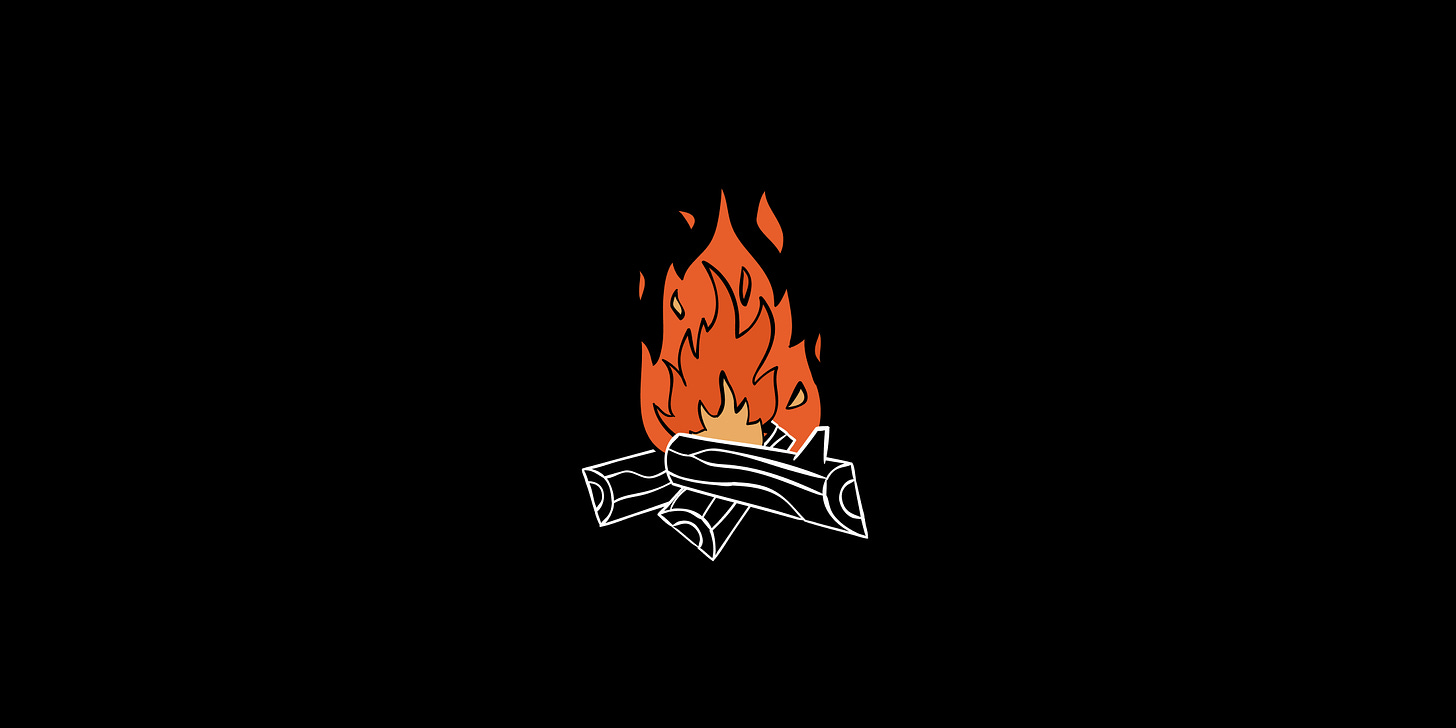🔥 Campfire 17
How to know, ask, and get paid what you’re worth as a freelancer?

How to know, ask, and get paid what you’re worth as a freelancer?
First off, let's face it – it's all your fault. Not getting paid enough is not the client's problem – it's yours. I don't blame you, no. But it's always your decision whether to take a project or not.
See, most freelancers are not earning what they're worth because of the one simple reason: they don't ask for more.
I get it. I know the temptation to undercut yourself. You have no idea how to price the project when the client asks you to send a quote. You want to get that project because working for money is always better than not working, right?
No.
Here's why: giving a quote that is too low can get you in a trap when you work hard but are still unable to pay your bills. So you start taking more gigs for the low pay, and as a result, you're working at the minimum wage. You now might wonder how and why you got into freelancing for "freedom."
There are several ways to ensure you will never fall into this black hole. And it always starts with knowing…
What to charge?
One of the biggest mistakes beginner freelancers make when calculating their rate is using their salary as a baseline. So if you made $60K at your job and worked for 8 hours per day, minus 2 weeks of vacation, that gives you around 2,000 hours. That works out to $30 per hour, right?
Not quite.
What people often forget about is that freelancing is a business. The time that goes into doing the work is not the only time you should be billing your clients for. Marketing your services, meeting with clients, negotiations, and everything else that goes into running your business is billable. Commonly, it's 30-50% of your time.
Takeaway: include the time you spend running a business in your rate.
Find clients that value your work
It might be hard to believe, but most businesses still don't understand the value of design. They think anyone can do it, so they're looking for the cheapest freelancer.
But the best clients are the ones who regularly work with freelancers. They already know how to work with you, know the value of your work, and are willing to pay good money for your expertise.
These are the best clients to establish long-term relationships with. But just as in any other relationship, it's a two-way street. Before you start working with the company, ask them who they worked with and why did their previous freelancers leave?
Takeaway: working with people who value your work is good for both sides.
Quote on projects, not hours
Most people think that time is money. But it's not true in the 21st century. Today, money is value.
Remember that your time is a finite resource, and once it's gone, you can never get it back. It makes no sense to exchange time for money because the amount you can earn is limited. You will never have more time.
By charging hourly, you're also forced to work slower because the longer you work - the more money you make. This approach is totally wrong.
When you quote a project fee, you are encouraged to be more efficient in taking on more projects. If your client expects you to complete a project in 5 hours for $150, there's no reason you can't finish it in 60 minutes as long as you maintain the quality.
Takeaway: The results are the same as long as the client is satisfied. However, the project quote approach allows you to earn more money.
Finally
You must be courageous enough to ask what you are worth.
Many people will say no, but with enough, no's, you'll eventually get a yes. When you do, you will have established the basis for yourself. You'll realize it's possible to ask for and receive the kind of money you know you deserve, and you'll wonder why you ever doubted yourself in the first place.
